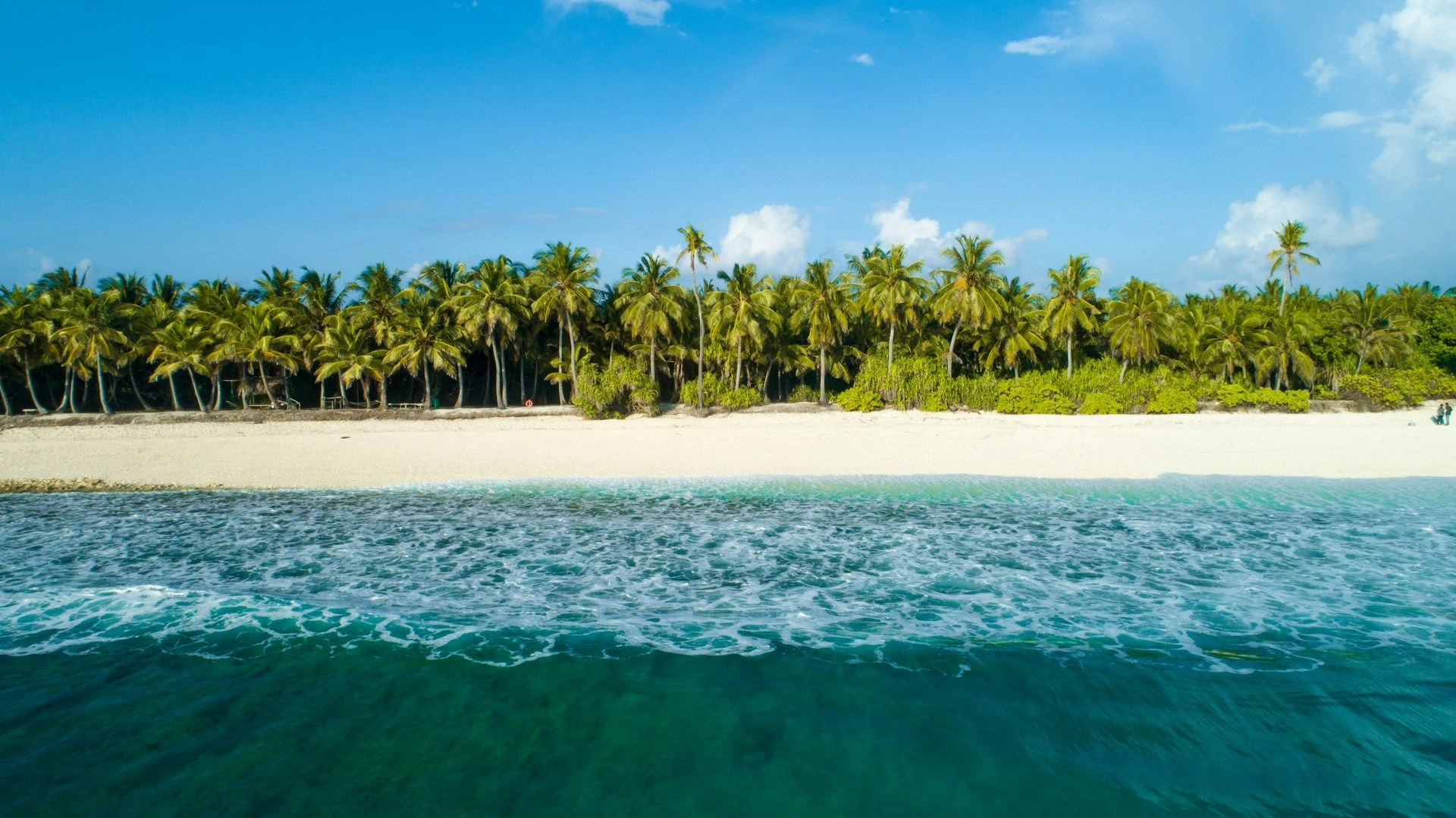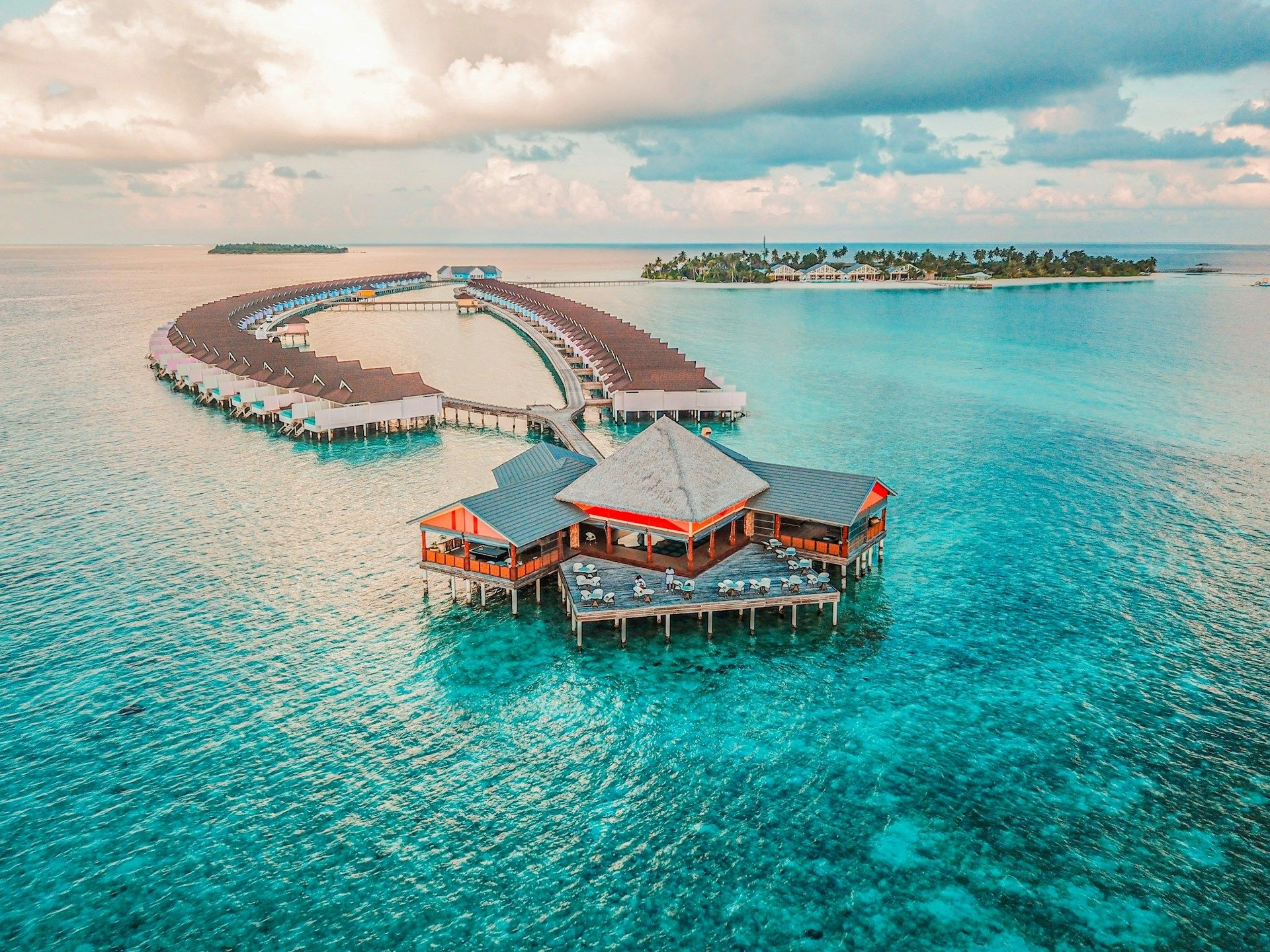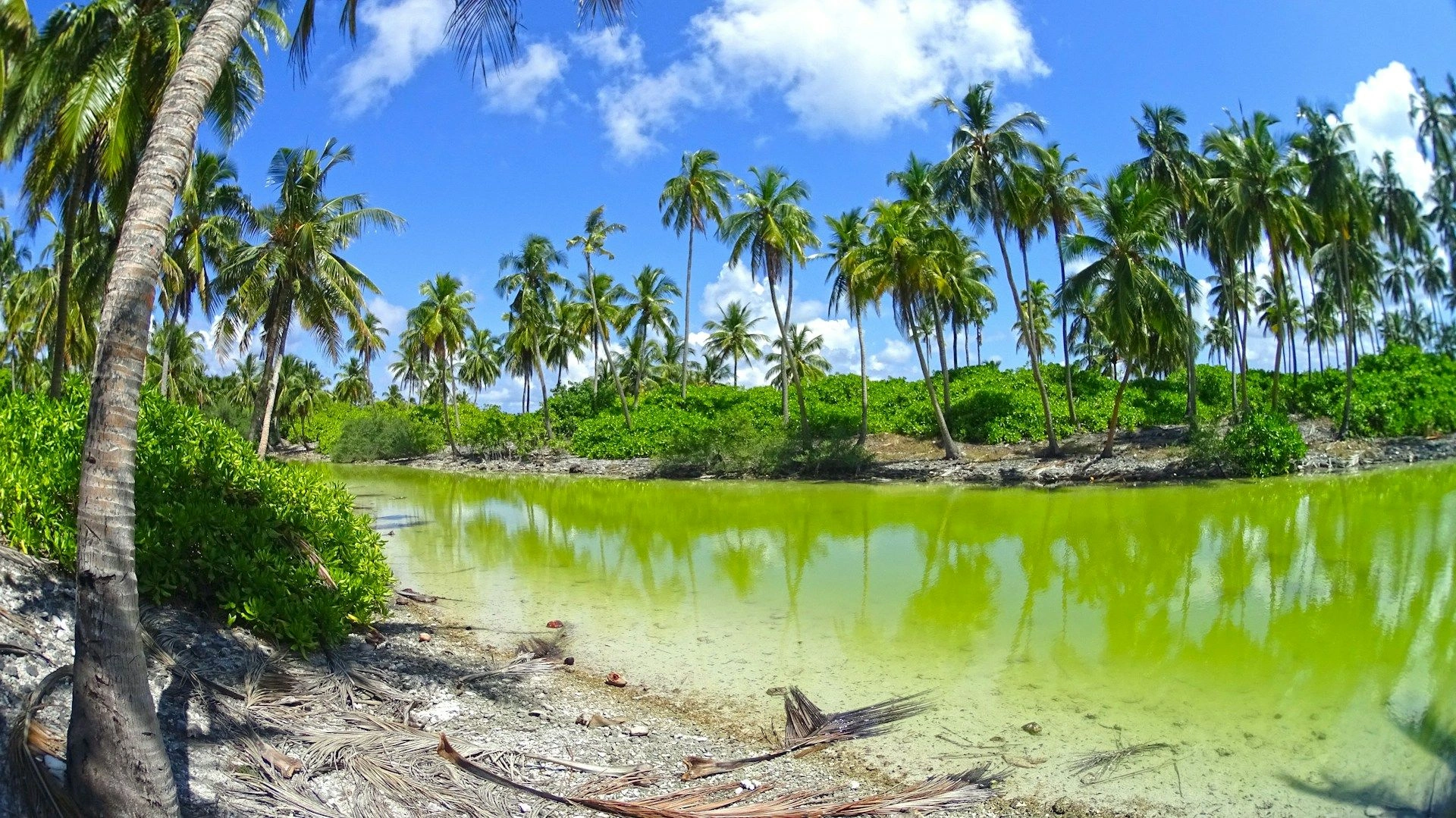Diverse Secondary Real Estate Portfolio in MaldivesTropical houses surrounded byturquoise ocean and endless sky

Popular
cities and regions in Maldives
Best offers
in Maldives
Benefits of investment in
Maldives real estate
Oceanfront villas with global luxury appeal
The Maldives is synonymous with premium living — beachfront properties attract high-end buyers from around the world.
High-performing resort rentals in premium zones
Beachfront villas and branded residences deliver exceptional occupancy and margins, backed by professional hospitality management.
Effortless ownership with lifestyle rewards
Buying into top-tier resort residences offers more than returns — it unlocks oceanfront living, prestige, and global-level investment exposure.
Oceanfront villas with global luxury appeal
The Maldives is synonymous with premium living — beachfront properties attract high-end buyers from around the world.
High-performing resort rentals in premium zones
Beachfront villas and branded residences deliver exceptional occupancy and margins, backed by professional hospitality management.
Effortless ownership with lifestyle rewards
Buying into top-tier resort residences offers more than returns — it unlocks oceanfront living, prestige, and global-level investment exposure.

Useful articles
and recommendations from experts
Buying Secondary Real Estate in Madagascar: A Guide to Resale Opportunities
Why Madagascar Attracts Buyers of Secondary Property
Madagascar offers a rare combination of biodiversity, affordable cost of living, and untapped real estate potential. For those seeking a tropical destination with long-term lifestyle or investment value, the country’s secondary real estate market is worth exploring. Unlike off-plan developments or speculative coastal resorts, the resale sector features already-built homes, apartments, and villas in livable, serviced areas. These include capital districts, port cities, and eco-tourism zones — all offering immediate usability and better transparency.
Secondary properties in Madagascar range from classic French colonial houses to modern city apartments, suburban villas, and small-scale commercial assets like guesthouses or cafés. Most properties are privately owned or leased with transferable contracts. For foreigners, buying resale assets ensures lower entry prices, a verified title history, and the chance to evaluate neighborhoods, infrastructure, and legal clarity before committing.
What Counts as Secondary Real Estate in Madagascar
Secondary (or resale) real estate includes any property that has already been constructed, legally transferred at least once, and is now being offered again on the open market. In Madagascar, this includes:
- Apartments in Antananarivo, Toamasina, Mahajanga, and Fianarantsoa
- Detached family homes and villas in suburban areas
- Beachside guesthouses or converted residential units near tourist zones
- Residential-commercial hybrids (cafés, shops with upper-floor apartments)
- Plots with partial construction or completed foundations
These properties offer real visibility — buyers can inspect the physical structure, speak with neighbors, evaluate roads and utilities, and understand community dynamics. This is a major advantage over buying in unproven developments or pre-construction projects.
Advantages of Buying Resale Property in Madagascar
1. Lower Prices per Square Meter
Compared to many African or Indian Ocean nations, Madagascar offers significantly lower real estate costs. Secondary homes typically sell below market replacement value, especially outside of capital districts. Bargains exist in older neighborhoods, inherited properties, and under-maintained homes in high-demand zones.
2. Immediate Usability
Unlike off-plan investments, resale properties are ready for occupation or rental. This appeals to relocation buyers, retirees, or small-scale investors looking to generate income without waiting for project completion.
3. Established Infrastructure
Many resale properties are located in urban centers or developed towns where roads, utilities, schools, and hospitals are already present. This reduces the need for future government planning or private utility extensions.
4. Flexibility in Negotiations
Private sellers are often open to discounts, staged payments, or inclusion of furniture and fittings. Some are motivated to sell quickly due to family reasons, migration, or inheritance, offering favorable conditions to buyers.
5. Heritage and Style
In areas like Antananarivo and Fianarantsoa, many resale homes feature colonial architecture, large courtyards, and traditional materials. These can be restored for boutique use or long-term occupancy with cultural value.
Top Cities and Regions for Secondary Real Estate
Antananarivo
The capital city has the largest inventory of apartments, standalone homes, and mixed-use buildings. Prices for resale apartments range from $30,000 to $80,000, while family houses in the suburbs start at $60,000. Urban plots with completed foundations are also common.
Toamasina (Tamatave)
The main port city of the east coast, Toamasina offers beach-adjacent properties, guesthouses, and low-rise villas. Resale homes can be found from $50,000 upwards, with demand fueled by tourism and shipping industries.
Nosy Be
This resort island is popular with European buyers. Secondary villas and homes near the coast can start around $100,000, often with existing rental licenses or tourism use. Property resale is more dynamic here than in rural parts of the country.
Fianarantsoa
A cultural and educational center in southern Madagascar, Fianarantsoa is emerging as a destination for affordable secondary homes. Apartments range from $25,000 to $45,000, while large houses start around $55,000.
Mahajanga
On the northwest coast, Mahajanga combines trade, local business, and coastal lifestyle. Older homes near the water or port areas are often available for resale, particularly in areas transitioning from industrial to residential use.
Legal Framework for Secondary Real Estate in Madagascar
1. Foreign Ownership Restrictions
Foreigners cannot directly own land in Madagascar but may own buildings and long-term lease rights. In practice, most foreigners buy under a renewable 99-year lease structure, either as individuals or via a registered Malagasy company.
2. Title Registration and Due Diligence
All properties must be registered at the Land Registration Office (Conservation Foncière). Buyers must verify title history, absence of liens, compliance with local planning rules, and tax status. Resale properties often have more documentation than new builds.
3. Notarial Process
Purchases must be executed via a registered notary, who oversees verification, contract drafting, and title assignment. A preliminary agreement (compromis de vente) is usually signed with a deposit of 10%, followed by a full deed transfer.
4. Transaction Taxes and Fees
- Transfer tax: 5% of the declared sale price
- Notary fees: typically 1–2% of the transaction amount
- Registration fee: fixed rate of approximately $150–250
5. Lease Structuring for Foreign Buyers
Foreigners may lease land from Malagasy nationals or municipalities and own the building structure. In some zones, freehold can be assigned to a locally registered company in which the foreign buyer holds shares.
Who Sells Resale Property in Madagascar?
- Local families liquidating inherited property or relocating
- Expats returning home or exiting small investment projects
- Small business owners selling combined commercial/residential spaces
- Owners of guesthouses or holiday villas repositioning their capital
- Property developers selling off unsold inventory from older projects
What to Watch When Buying Secondary Real Estate
- Structural condition: check foundations, roofing, moisture, and utilities
- Legal clarity: ensure full registration and absence of inheritance disputes
- Environmental risks: some coastal or hillside properties may face erosion or seasonal floods
- Community integration: resale homes in urban zones offer better integration into services
- Land rights: clarify whether the property is freehold (Malagasy buyer) or leasehold (foreigner)
How VelesClub Int. Helps with Resale Transactions
VelesClub Int. provides tailored assistance for international buyers exploring Madagascar’s resale property market:
- Curated property listings with verified documentation
- Legal due diligence with licensed Malagasy notaries
- Structuring of leasehold agreements for foreign buyers
- Support with registration, taxation, and corporate structuring
- After-sale services: renovation coordination, property management, resale strategy
Conclusion: Madagascar’s Secondary Market Offers Affordability and Cultural Depth
For those seeking affordable real estate in a biodiverse, culturally rich environment, Madagascar’s secondary property market provides real value. From classic villas in colonial quarters to guesthouses on resort islands, resale assets offer clarity, immediate usability, and flexibility in negotiation. While legal frameworks require attention, foreign buyers can secure long-term leaseholds with full control over the structure and rights of use.
With VelesClub Int., clients gain access to pre-screened properties, legal protection, and expert guidance tailored to Madagascar’s complex but rewarding resale sector. Whether you're relocating, investing, or creating a tropical retreat, our team ensures you do so securely and with full confidence.



